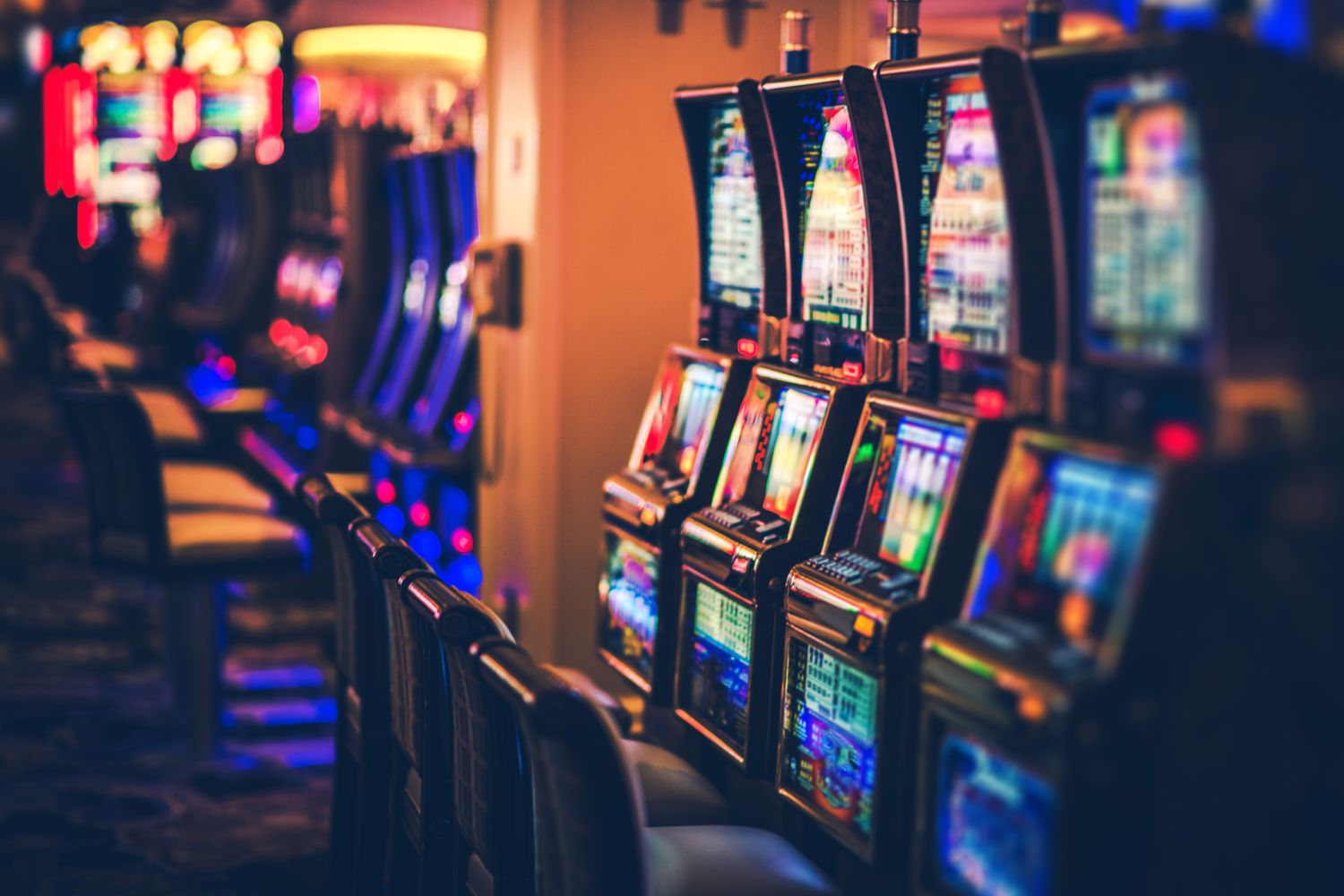What Is a Slot?

A slot is a narrow opening, for example, a keyway in a piece of machinery or a slit for coins in a vending machine. In a game of slot machines, winning depends on how many symbols line up on the payline. In addition, special symbols may trigger additional bonuses and features. Players can choose the number of paylines they want to activate, while some machines automatically wager on all available lines. The latter are called fixed slots and typically offer cheaper wages than their free counterparts.
Penny slots are casino games that allow players to stake as little as one penny per spin. They are usually designed to be extra attractive, with bright lights, jingling jangling sounds, and frenetic activity to lure in customers. While they are not as popular as video slots, they still have a following among some gamblers.
The term slot is also used to refer to a position on an athletic team, or the time that a particular player will be on the field. This is especially important for football receivers, who can get a lot of playing time depending on how well they work with the quarterback and other players on the offense. A good slot receiver is capable of running every route in the book, and has excellent chemistry with the quarterback.
Slot receivers differ from wide receivers in that they tend to be shorter and stockier. They must be tough enough to handle contact in the middle of the field, yet fast enough to blow past defenders and catch passes behind the line of scrimmage. Because they rarely run deep routes, they need to have excellent chemistry with their quarterback.
Each machine has a pay table, which lists how much a player will win if symbols on the pay line match those listed on the table. This information is typically displayed on the face of the machine, above and below the area containing the reels. It is also possible to find a pay table within the help menu on some video slot machines.
In addition to the standard symbols, slot machines often feature wild and scatter symbols. These substitute for any other symbol to form a winning combination, but do not multiply the payout of regular symbols. These symbols can also trigger bonus features, such as Free Spins and risky card games.
Most slot games use a random number generator (RNG) to determine the sequence of numbers that will appear on the reels. The RNG is then recorded by the computer and converted into a three-number sequence that corresponds with the stop positions on each reel. The computer then uses the internal sequence table to find the corresponding reel location for each three-number sequence and places a coin in the appropriate slot. This sequence is repeated over and over until the spin button is pressed, at which point the random number generated by the RNG is translated to a sequence of stops on each reel.